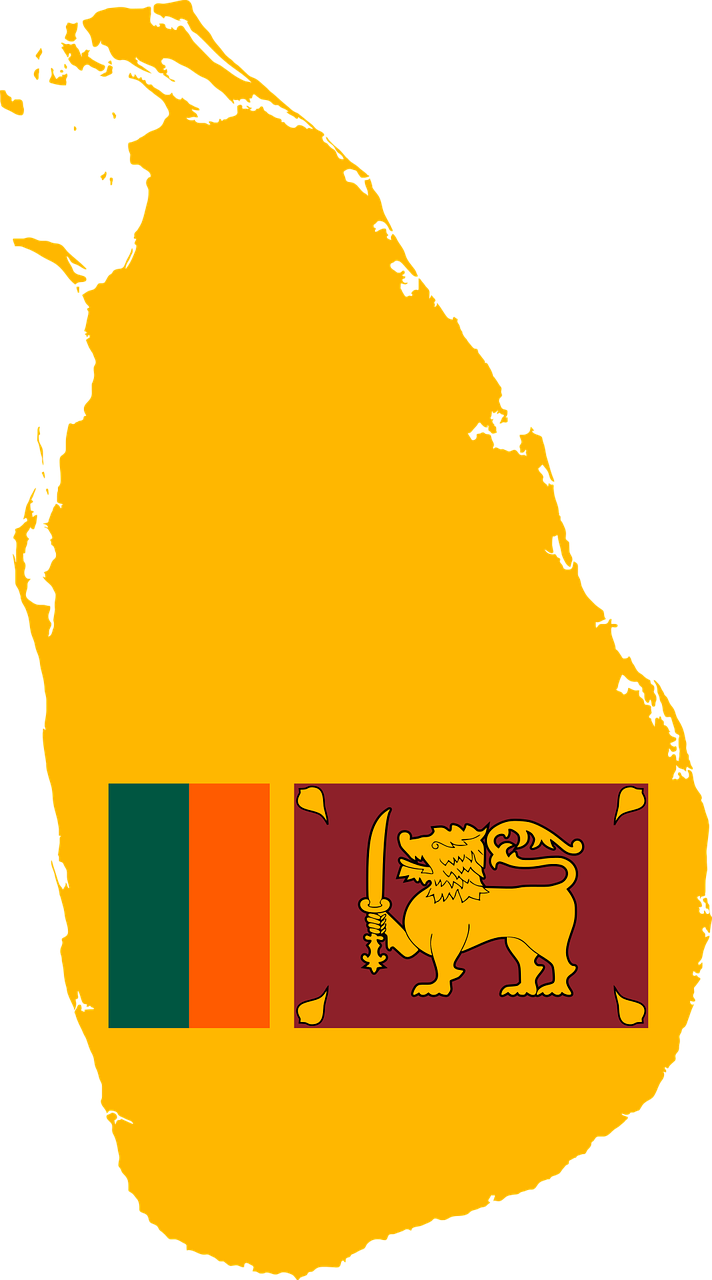Report by Yashasvi Anika Tandon
The Sri Lankan Prime Minister Mahinda Rajapaksa resigned on the 9th of May, 2022. Before his resignation a curfew and state of emergency had been declared. Along with the Prime Minister, the Health Minister Prof. Channa Jayasumana also resigned. The reasons for the PM’s resignation are:
1. Economic crisis Sri Lanka is facing which has created a shortage of food, fuel, money, supplies, and medical supplies
2. Constant protest
Timeline of events leading to the resignation of PM Rajapaksa
2nd April – 1st national public emergency declared by the President Gotabaya Rajapaksa for 36 hours from 6:00 p.m. to 6:00 a.m. on the 4th of April.
3rd April – 15 hour blockage of social media platforms. Sri Lanka’s Chairman of Information and Communication Technology Agency, Oshada Senayake resigns. PM’s son and minister of Sports and Youth Affairs Namal Rajapaksa resigns.
4th April – Ajith Nivard Cabraal resigns from the post of Central Bank Governor. Posts of ministers shuffled. Ali Sabry being Finance Minister, Dinesh Gunawardena being Education Minister, G. L. Peiris being Foreign Minister, and Johnson Fernando being Highway Minister.
5th April – Health emergency in Sri Lanka due to lack of medical supplies.
9th April – Galle Face protest started. (Galle Face protest is the largest Sri Lankan Street protest with many people in it).
15th April – Arjuna Ranatunga and Siddharth Wettimuny (former Sri Lankan cricketers) join the Galle Face protest.
19th April – Protest by people trying to collect fuel at Rambukkana crossing. The protesters obstructed railway tracks for more than 15 hours which resulted in blockage of all entry and exit pathways, to and from Rambukkana.
6th May – Curfew and second state of emergency declared by the President Gotabaya Rajapaksa.
9th May – Prime Minister Mahinda Rajapaksa resigns.
12th May – The Prime Minister takes refuge at the Trincomalee naval base on Sri Lanka’s east coast. He has been banned (ordered to not do something) from leaving the country.
12th May – UNP (United National Party) Leader Ranil Wickremesinghe was sworn in as the Prime Minister.

For now, there is uncertainty regarding the political authority in Sri Lanka.

